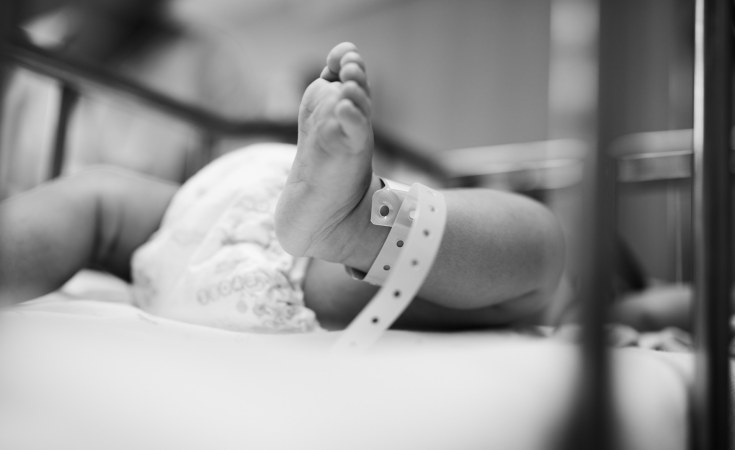In Mali, the hashtag #lavieestsacrée (life is sacred) has become the symbol of a revolt against the country's endemic maternal mortality rates. It first appeared in 2021 after renowned journalist Hawa Séméga died during childbirth.
High maternal mortality reflects both the failings of the healthcare system and the dangers of social values that glorify women's suffering. It also highlights the impact of fatalistic religious beliefs, social obligation to motherhood, and women's financial dependence on men, which all hinder women's health and safety in childbirth.
Years of insecurity and political instability -- and incomplete civil registration records -- make it difficult to update figures, but those available are alarming. In 2017, the United Nations (UN) estimated Mali's maternal mortality rate at 562 deaths for every 100,000 live births. That's 2.6 times higher than the global average of 211.
This makes Mali the 13th most dangerous country in the world for women giving birth. A high prevalence of female genital cutting and early marriage that leads to early pregnancies make matters worse. Both are known risk factors for maternal death. National data is slightly less distressing...


